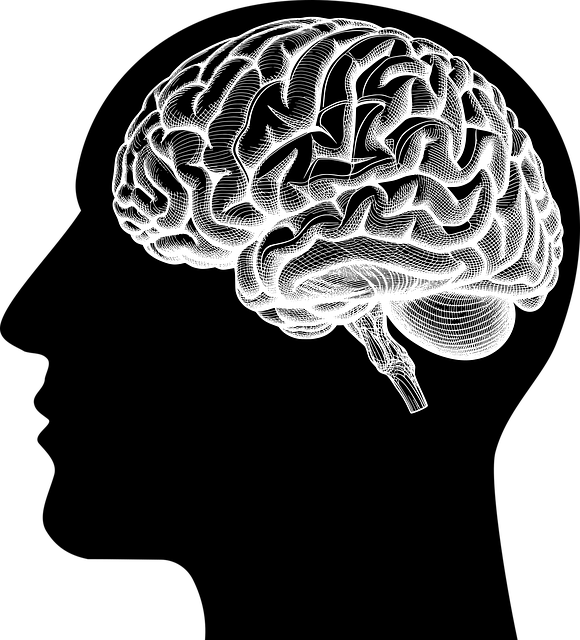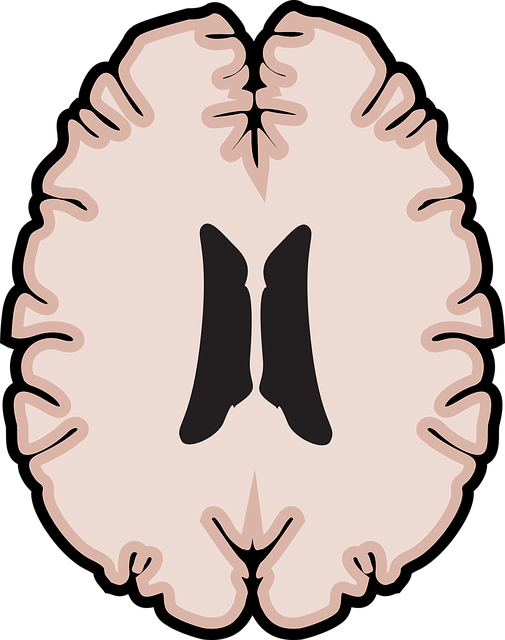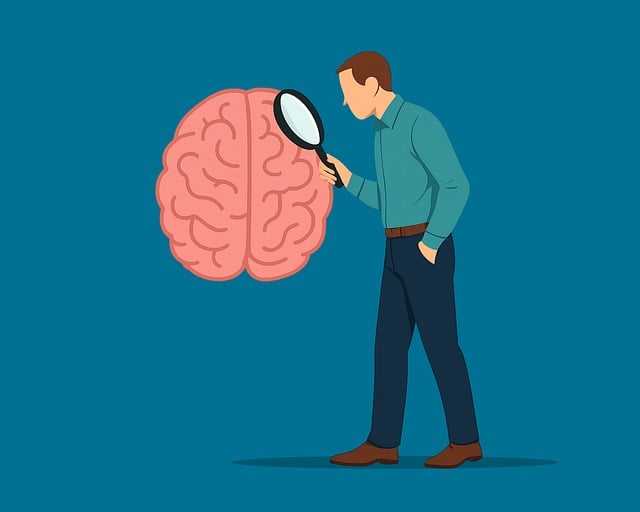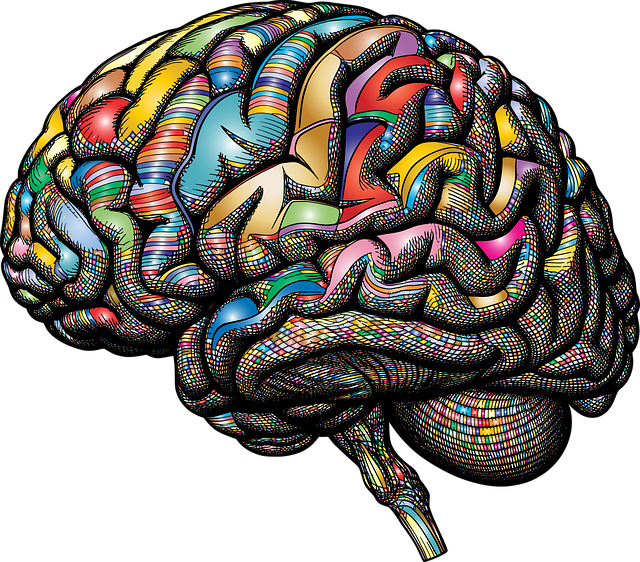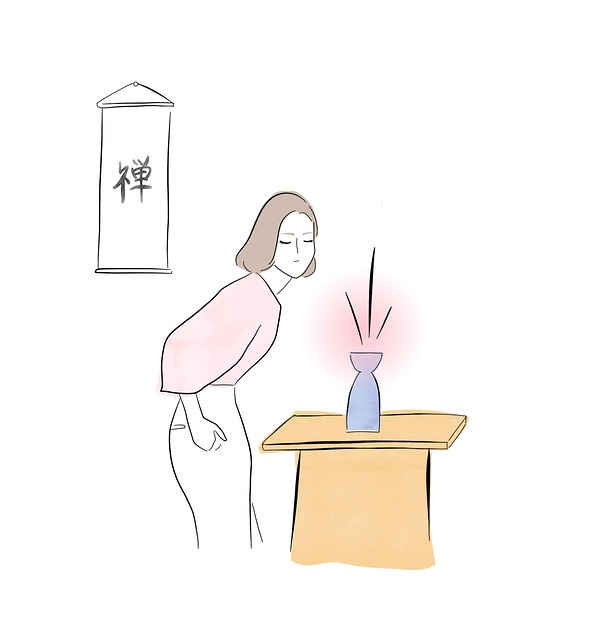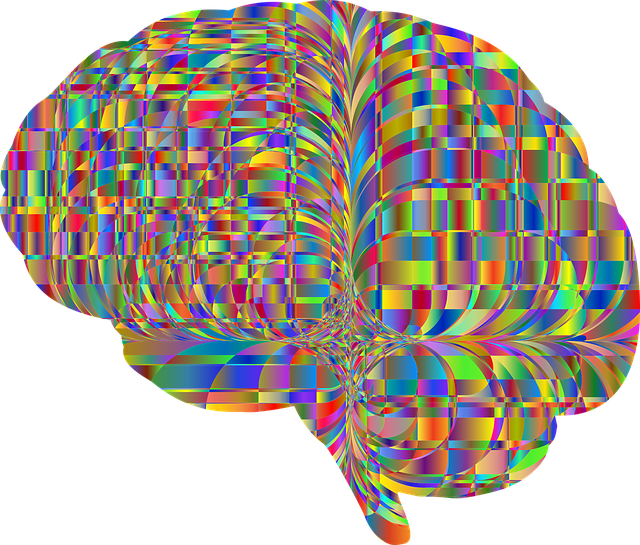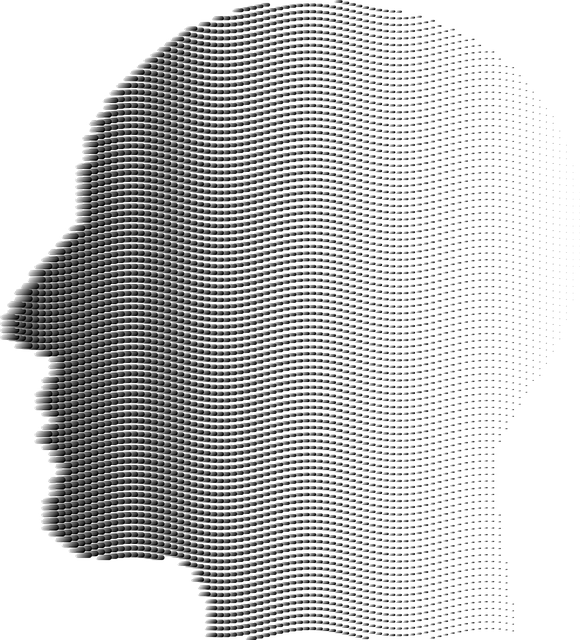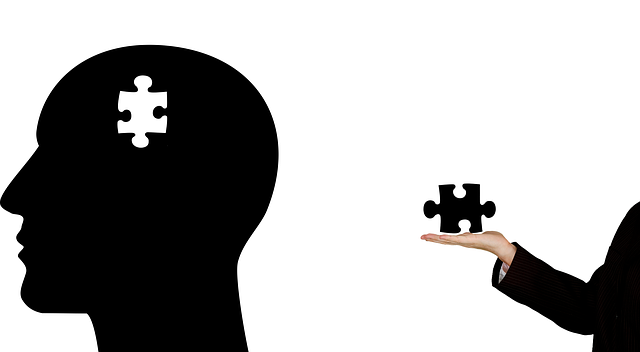Mental wellness apps are transforming self-care in the digital era, offering accessible solutions for conditions like Castle Rock Adjustment Disorder (CRAD). These apps provide personalized features such as meditation guides, mood tracking, and virtual reality exercises, catering to individuals who might struggle to access traditional therapy. CRAD, triggered by trauma, leads to prolonged emotional reactions impacting daily life. Digital therapeutics focus on evidence-based practices like Mindfulness Meditation and Compassion Cultivation, helping users manage symptoms and improve well-being. The development process involves identifying niche needs, user-centric design, and continuous feedback from experts and users. With growing global awareness of mental health issues, these apps offer convenient, personalized CRAD therapy, fostering resilience and emotional well-being through innovative features and community support.
In today’s digital age, mental wellness apps are revolutionizing access to therapy. This article explores the burgeoning landscape of mental health technology, with a particular focus on understanding Castle Rock Adjustment Disorder (CRAD) and its impact. We’ll delve into key features making therapy apps effective, dissect the development process from concept to launch, and examine market trends shaping the future of CRAD treatment through innovative digital solutions.
- Understanding Mental Wellness Apps and Their Rise
- Identifying Castle Rock Adjustment Disorder and Its Impact
- Key Features for Effective Therapy Apps
- Development Process: From Concept to Launch
- Market Trends and Future of Mental Health Technology
Understanding Mental Wellness Apps and Their Rise

In today’s digital age, mental wellness apps have emerged as a game-changer in the realm of self-care and therapy. These innovative tools are designed to support individuals navigating various emotional challenges, from anxiety and depression to specific disorders like Castle Rock Adjustment Disorder. By leveraging technology, these apps offer accessible and often personalized solutions for those seeking solace and healing. The rise of mental wellness apps is a testament to the growing recognition of the importance of emotional well-being.
Many modern platforms incorporate features such as meditation guides, mood tracking, cognitive-behavioral therapy techniques, and even virtual reality exercises to facilitate Emotional Healing Processes. Some apps also produce Mental Wellness Podcast Series Production, providing users with valuable insights and stories that foster Compassion Cultivation Practices. This shift towards digital therapeutics is not only convenient but also effective, reaching folks who might otherwise face barriers in accessing traditional therapy services.
Identifying Castle Rock Adjustment Disorder and Its Impact

Castle Rock Adjustment Disorder (CRAD) is a mental health condition that arises from significant life events or traumatic experiences, leading to prolonged and excessive emotional reactions. Often characterized by feelings of helplessness and hopelessness, CRAD can significantly impact an individual’s ability to function in daily life. Those affected may struggle with intense emotions, such as anxiety, depression, and anger, which persist for an extended period after the triggering event has passed. This disorder is not just about managing stress; it involves deep-seated emotional regulation issues that require professional help.
CRAD can manifest in various ways, affecting people’s relationships, work performance, and overall mental wellness. The impact can be profound, leading to social withdrawal, decreased productivity, and even physical health problems. However, with the right Castle Rock Adjustment Disorder therapy, individuals can learn effective coping strategies and develop resilience. Emotional regulation techniques, confidence-boosting exercises, and tailored mental wellness coaching programs are essential components of recovery. Through these approaches, those struggling with CRAD can regain control, improve their emotional well-being, and lead fulfilling lives.
Key Features for Effective Therapy Apps

In the realm of digital therapeutics, mental wellness apps are becoming a Castle Rock Adjustment Disorder Therapy game-changer. To effectively address such disorders, these apps must incorporate diverse features that cater to the unique needs of users. Essential components include tailored therapy sessions that offer evidence-based practices like Mindfulness Meditation and Compassion Cultivation Practices. By engaging users in regular exercises aimed at cultivating empathy and building resilience, these apps can help individuals manage symptoms and improve overall well-being.
Moreover, effective therapy apps should facilitate personalized tracking and progress monitoring. They must enable users to record their mood, anxiety levels, and the effectiveness of various coping strategies. Incorporating Empathy Building Strategies through interactive exercises or virtual group sessions can foster a sense of community, enhancing the therapeutic experience. Such features collectively contribute to creating an immersive, supportive environment, ensuring users stay committed to their mental health journeys.
Development Process: From Concept to Launch

The development process of a mental wellness app is an intricate journey that requires careful planning and execution. It begins with identifying a specific need or gap in the market, often driven by emerging trends like Burnout Prevention among modern professionals. For instance, addressing Castle Rock Adjustment Disorder Therapy can be a niche yet impactful focus area.
Once the concept is solidified, designers and developers collaborate to create wireframes and prototypes, ensuring an intuitive user experience. This iterative process involves gathering feedback from potential users and experts in Emotional Well-being Promotion Techniques. Through rigorous testing and refinement, the app evolves from a basic idea into a robust platform ready for launch, potentially featuring various modules like meditation guides, mood tracking tools, and community forums to foster support networks.
Market Trends and Future of Mental Health Technology

The market for mental wellness apps is experiencing a significant surge, driven by an increasing awareness and acceptance of mental health issues globally. According to recent reports, this sector is expected to reach new heights in the coming years, with advancements in technology playing a pivotal role in shaping its future. Consumers are increasingly turning to digital solutions like Castle Rock Adjustment Disorder Therapy for support, convenience, and accessibility.
The integration of innovative features such as Trauma Support Services, Inner Strength Development, and Mental Health Education Programs Design is transforming the way individuals engage with their mental health care. These apps offer personalized experiences, tailored interventions, and continuous monitoring, addressing the unique needs of users. As technology continues to evolve, we can anticipate even more sophisticated tools that will further revolutionize mental wellness management, making professional help more accessible and effective for everyone, regardless of location or resources.
Mental wellness apps, driven by market trends and the increasing acceptance of digital therapy, are here to stay. As we’ve explored through this article, understanding conditions like Castle Rock Adjustment Disorder and its impact is crucial for developing effective apps that provide meaningful support. By focusing on key features such as personalized content, secure communication, and evidence-based practices, developers can create tools that empower users in their journey towards mental wellness. The future of mental health technology looks bright, promising innovative solutions accessible to a broader audience.



